It was once the case that, if a planned film in a two- or three-movie series came out and wasn’t very good, the remaining films would be scrapped. The world has changed with the advent of streaming, and even though Zack Snyder’s Rebel Moon — Part One: A Child of Fire was greeted with critical contempt, its sequel Part Two: The Scargiver has slid onto Netflix, only to be met with, you guessed it, yet more dismay and horror.
It currently has a dismal 17 percent rating on Rotten Tomatoes (consensus: “Less a course correction than a compounding of everything that tangled up its predecessor, The Scargiver is an uninvolving space opera full of flat notes”) and has an equally atrocious 53 percent audience score, indicating that even the Snyder faithful really didn’t like this one.
For any other director, this would be a disaster; however, for the ever-resourceful Snyder, the fact that the films were made for Netflix, on a not-absurd budget of $166 million for both pictures, means that the likelihood that they would have been a commercial failure had they been released in theaters no longer needs to be factored into future calculations. Snyder’s next movie may, or may not, be an adaptation of Ayn Rand’s The Fountainhead, or a new version of the King Arthur story, or a long-delayed lower-key project entitled Horse Latitudes, about two war photographers in South America. In any case, even the dismal artistic results that have ensued with the Rebel Moon series will do little to check the filmmaker in his tracks; instead, he will dust himself off and carry on once again.
The director’s cheerful ability to ignore criticism may be both his saving grace and his undoing. He first came to prominence with adaptations of the graphic novels 300 and Watchmen, which were commercially successfully but pilloried for a directorial style that prioritized ostentatious displays of slow-motion in their fight scenes over any kind of emotional or intellectual impact. It was little wonder that Watchmen’s creator Alan Moore asked for his name to be taken off the film entirely (although, to be fair, he has never had any interest in any of the adaptations of his work), nor that the recent TV series enjoyed far greater acclaim than the Snyder picture ever did.
Yet it was his series of mid-2010s superhero pictures, including Man of Steel and Batman vs Superman, that turned him into perhaps the most polarizing director in modern Hollywood. For his admirers — who, admittedly, number in the millions — he is a poet and creative genius, whose films dare to deal with complex moral and thematic issues that others would prefer to avoid altogether. Superman, in Snyder’s world, is less a flawless Boy Scout hero who wears his underwear on inside out and more a god-on-earth who is nonetheless given to surprisingly human impulses. And Batman — well, Snyder’s Batman, as played by Ben Affleck, is an aging vigilante who really likes beating people up.
This has been hugely divisive amongst people who like less eccentric representations of comic-book characters, and the controversies of his Justice League picture, intended as DC’s answer to The Avengers, eventually saw Snyder fired, to be replaced by Joss Whedon. It must surely have been a source of comfort to him that the Whedon version of the film was critically and commercially disastrous, and that, after concerted fan pressure was placed upon Warner Brothers, he was allowed to release his own four-hour cut of Justice League, which was considerably more critically acclaimed than the cinematically distributed version, to say nothing of, finally, answering the plaintive internet hashtag request of #ReleasetheSnyderCut.
Unfortunately, ever since then, Snyder has buried himself in unimpressive genre pictures. There were a couple of zombie films (Army of the Dead and Army of Thieves), the Rebel Moon disasters and a threatened TV series, Twilight of the Gods, which is said to be Norse anime in theme. At least if he was to make The Fountainhead, it would be a change of pace, although his rumored right-wing political sympathies would not be much helped by its existence. He was compelled to say in 2021, after Sarah Polley asked, “A lot of people see a right-wing political undercurrent in some of your films. Where do you stand politically and has that changed over the years?” that, “I would say I’m a pretty liberal guy. I want to make sure everyone’s heard and everyone feels included.” He also claimed to vote Democrat in 2020, as if for good measure. Not everyone is convinced.
There are those who defend Snyder, including his friend Christopher Nolan (who has said of him, “When you watch a Zack Snyder film, you see and feel his love for the potential of cinema. The potential of it to be fantastical, to be heightened in its reality, but to move you and to excite you”), and James Cameron, but many others see his flashy, expensive and ultimately empty cinema as the last gasp of a dying genre, devoid of all individuality or humanity and in thrall to meaningless narratives and special effects tricks.
Snyder himself is a personable character, known to be one of the more pleasant men in Hollywood, and he has always dealt with criticism of his work with good grace. So here’s my advice, Zack: put your feet up, enjoy a lucrative and long retirement and leave the hard work of making films to others. Then the world of cinema will, undoubtedly, be a quieter but probably happier place.



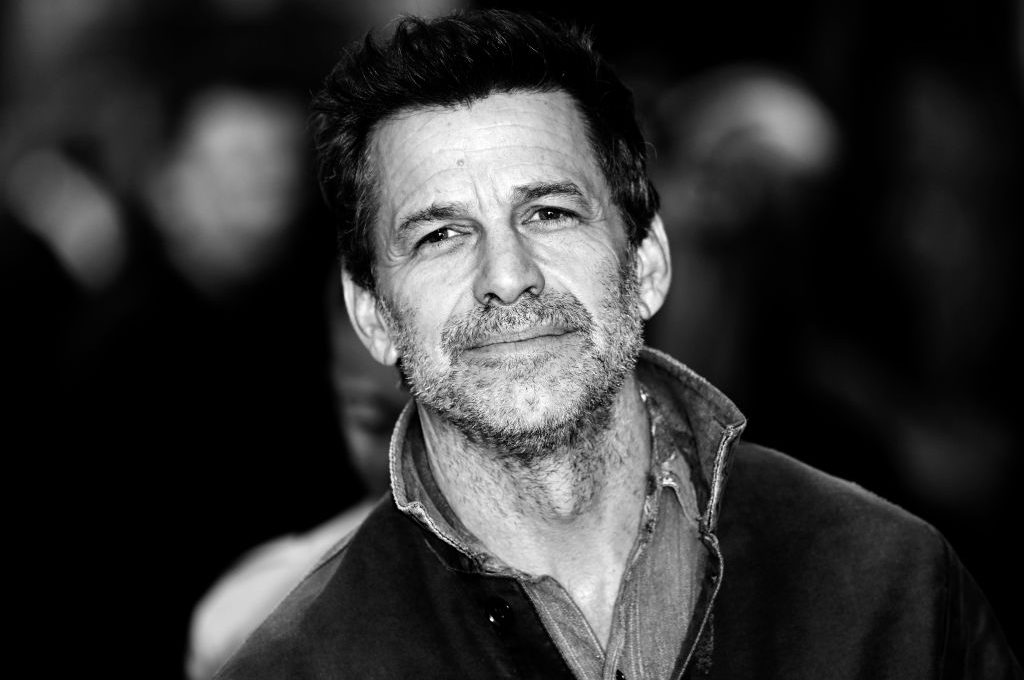






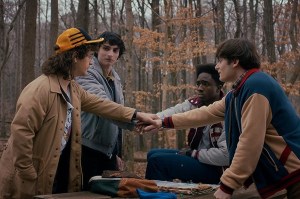


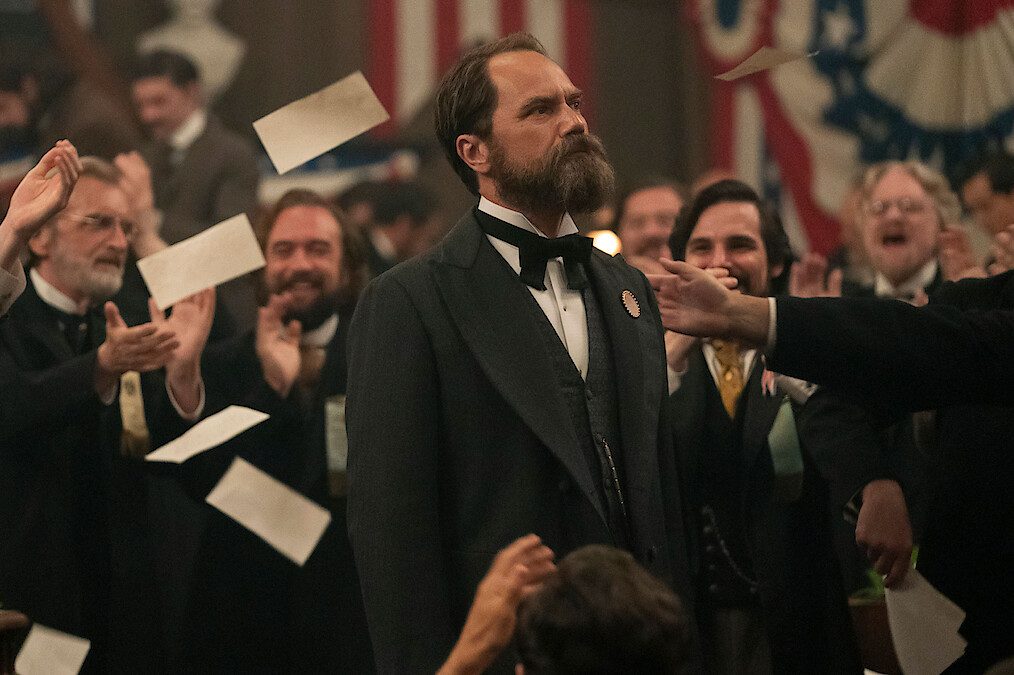
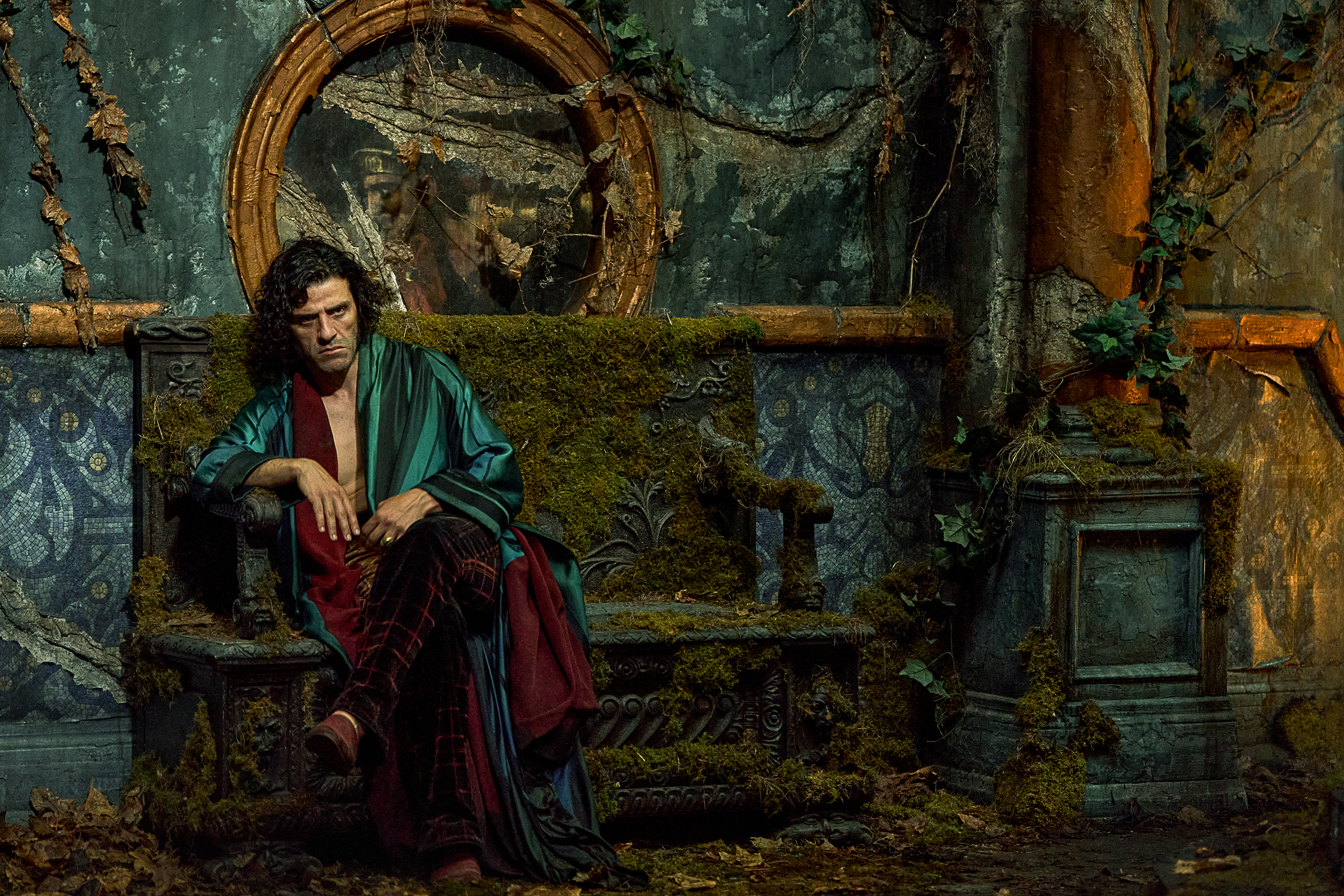
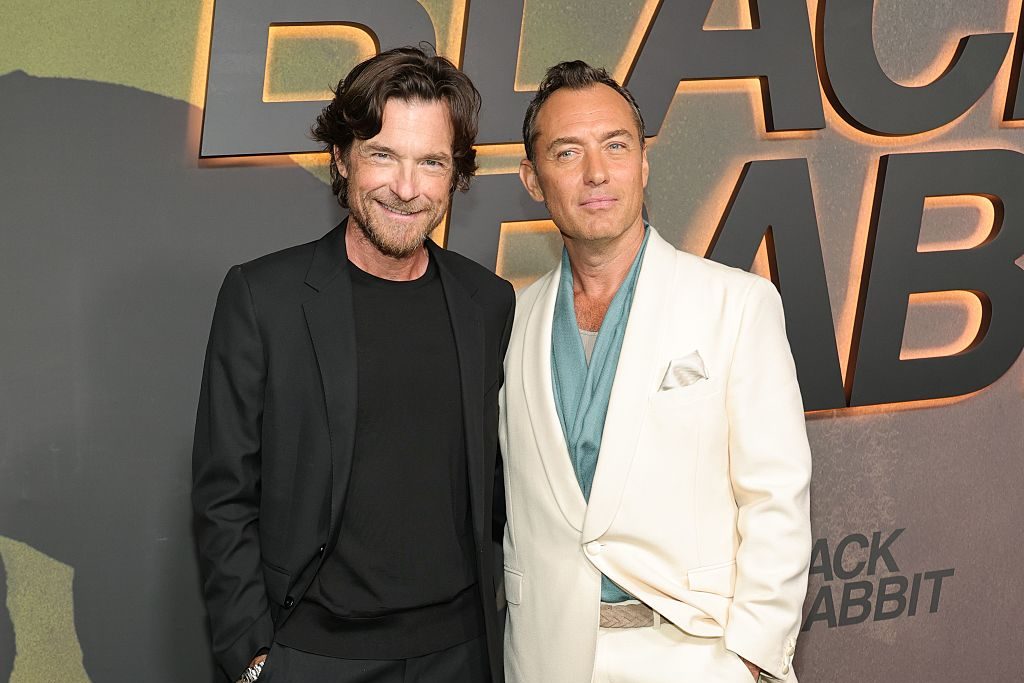
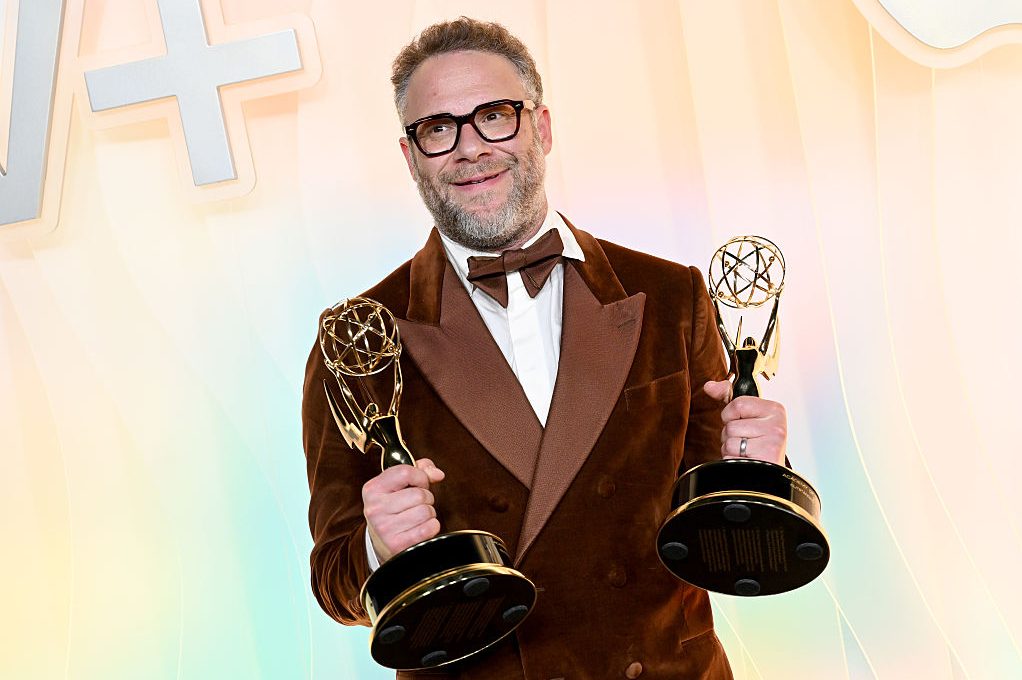









Leave a Reply